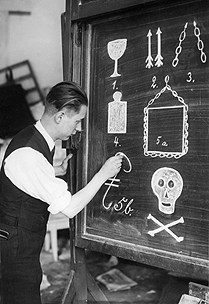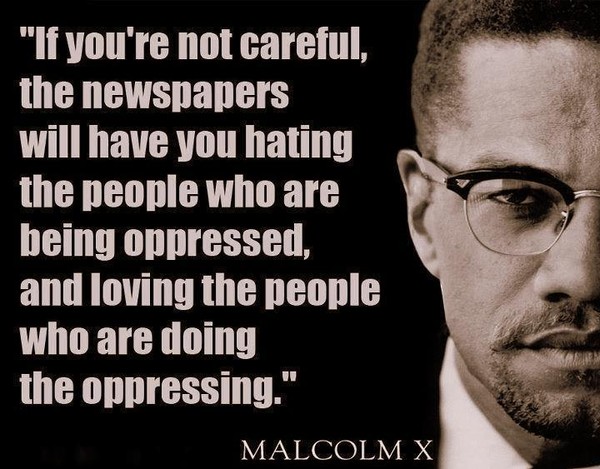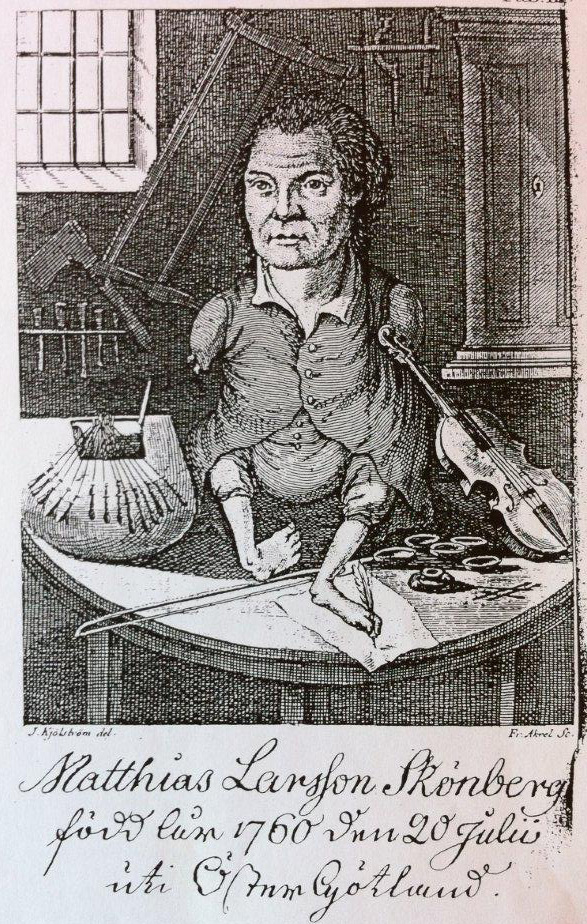ENGLISH QUOTATIONS ON LABOR

"To do what the boss orders you to do is slavery,to do so for money is prostitution."
The time has come to prepare the sacred cow of work for slaughter.
Everything that requires effort and supports the market - shopping, cleaning, watching television - has become work, albeit invisible work.

Between wages and salaries flows a river of tears.
Work is to life as a wall is to the wind.
Work surrounds us and lays siege to our souls.
Slaves feel tired just thinking of all the work they've yet to do.
Creativity constrains the return of work; be creative and put severe constraints on work.
Authentic humans feel degraded by those who preach the religion of work.
The right to work is the right to misery and always implies the possibility of the right not to work.
Wage labor perpetuates the archaic system whereby armies and courts consume the profits of overproduction.

"Elite" workers are allied with bosses against fellow humans who are either incapable or, praise them, idle.
In a ton of work, there's not an ounce of love.
Work isn't a task, it's torture.
The plague of work, the bulimia of work, the homicide of work - give work its proper attributes.
No pity for those tormented by a passion for work.
Labor only sustains life by stunting it. Tell me how much you work and I'll tell you what you are.
The biggest tragedy of the teen years? Sublime beings become workers.
The culture of productivism employes work for social discipline and control - in a word, domination. Look around you in the subway - you share the world with masses of domestic slaves on the way to, or recovering from, their latest paroxysm of work.
Instead of the penitentiary of the salary, we want guaranteed social incomes, in addition and unrelated to, the number of hours we work.

Every prison is built with work.
Workers and consumers are the miserable servants of machines and their endless demands.
The tragedy is that those who do work, work so much they are no longer human.
Those who don't work are reduced to a miserable existence amidst the spectacle of plenty.
Work is not the continuation of divine creation, rather a contest of life and death whereby work triumphs over wisdom, and vice versa.
Augustine (the so-called "saint") tied monastic work to divine creation and denounced laziness. The confusion engendered by the mama's boy from Hippo (between divine work and ordinary labor) opened the door to the condemnation of leisure.
The Augustinian classification of licit and illicit jobs should be applied by a revolutionary federation of zeroworker councils making much of what is now called "work" taboo.
Recall that Paul's "Second Epistle to the Thessalonians" is used to invoke the need to work: the Thessalonians were convinced that the second coming of Christ was at hand; hence work useless. I've never liked Paul - not his style, nor his dictum: no work, no eat.
Thomas Aquinas, reacting to the fact that the number of illicit jobs had been reduced as commerce and craft grew, came up with the category of common utility that revalued many jobs, including commerce. This revaluing must be revalued.
Production for the sake of production is as vapid as art for art's sake.
The system is bent on economizing time, but it's afraid to give free time to people.
The ethics of effort and competition are ultimately rewarded with the demolition of solidarity.
According to the priests of work, everything can become a job. The monetizing of all activity disguises work as leisure (and vice versa) and creates a society of impoverished servants, many of whom are still without work.
Bad workers can't be controlled by management, especially when they're ready to pretend to be loyal employees and otherwise lie to the enemy.
"The Crisis of overproduction worsens as unemployment grow to staggering proportions (1/5th of the global population). If more people produced much less, the ecology of the planet would prosper."


